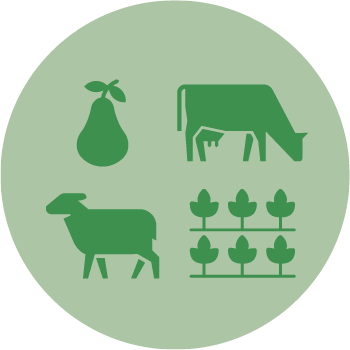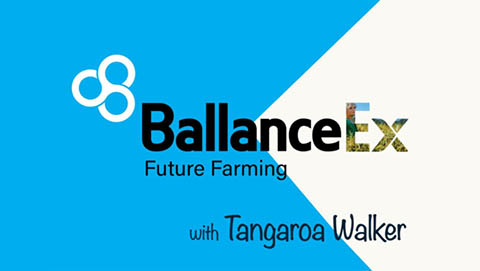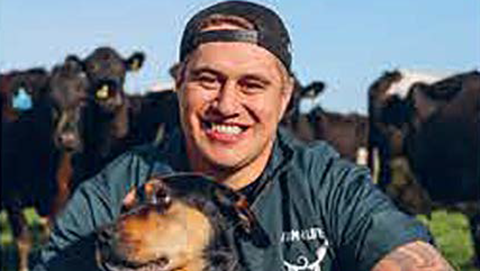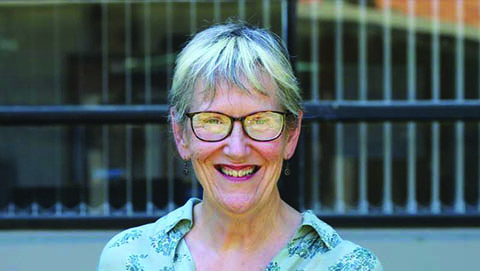Food Production: Solutions and Opportunities

What is unique about how we produce food in New Zealand?
We have a fantastic climate, with good levels of rainfall and sunshine, and different climatic zones throughout New Zealand. This lets us grow grass and graze outdoors all year round. It also allows a diversity of foods, from dairy to kiwifruit.
Being at the bottom of the Southern Hemisphere means our seasons alternate with the Northern Hemisphere, letting us fill the gaps in their off seasons. Which is perfect, as we export 90% of what we produce.
New Zealand is an isolated island nation, which means we do a good job of keeping the nasties out. Biosecurity risks like pests and diseases are relatively easy to catch at the border.
And most importantly, we’ve got smart people who know their land and how to look after it.

What are the challenges when it comes to food production?
There’s a growing interest in farming from more than just people in the agricultural sector. Understandably, they want to know that their food is coming from a good place. This means more eyes on everything we do.
Knowing your farm inside out – paddock sizes, feed budgets, the health of your livestock – means that if anyone asks reasonable questions, you’ll have the answers. It’s an opportunity to show that you’re doing things the right way, and a way to share your farm’s story.
We’re also facing challenges when it comes to high value soil. Towns and cities are built near high value soil regions because of their food production potential. As they expand, housing uses more of the land, which means there’s less available for food production. Farmers need to find ways to produce more from potentially poorer quality soil.

How is climate change affecting New Zealand food production?
Many farmers consider themselves to be ‘summer safe’, but with climate change contributing to longer and hotter summers, you might need more feed in reserve and a reliable water supply. Prepping for summer can be just as important as winter in some areas.
There’s also risk in pests that don’t normally thrive in New Zealand (or only thrive in certain parts of the country) getting an extra life cycle. And an increase in humidity in some areas means an increased risk in fungal diseases. The pressure comes back on the farmer to manage these new challenges.
Even moving just 100km might mean a whole different kind of season, with calving or harvesting happening at different times. If you’re moving to a new area in New Zealand – for example, if you’re a contract milker taking over a new operation – have a chat with established farmers in the area about best practice in the new climate.

What are the opportunities for farmers?
Innovation thrives under pressure. We’ve been looking at nutrient management and climate change for the past 20-30 years, and we’re now developing smart technologies and innovative systems in response to those pressures. Farmers in New Zealand are smart and resilient – they always have been. So, the opportunities all come from being agile and trying new things, from innovative technologies to alternative crops.
There’s a higher demand for ‘clean and green’ food production, both locally and internationally. For example, grass-fed animals are seen as ‘better’ overseas. Well, we’ve been doing that here for generations – we just need to tell our story well.
Finally, after heavy snow or rainfalls, the resilience of community always shines through. It’s no different when it comes to other challenges to food production. There are local, national, and global communities ready to support you and share advice, so seek them out and be ready to share your own expertise.
Download the PDF version of this conversation
Like and subscribe to BallanceEx Future Farming Conversations
Dive deeper into the topic of food production and listen to the full conversation
Listen now



